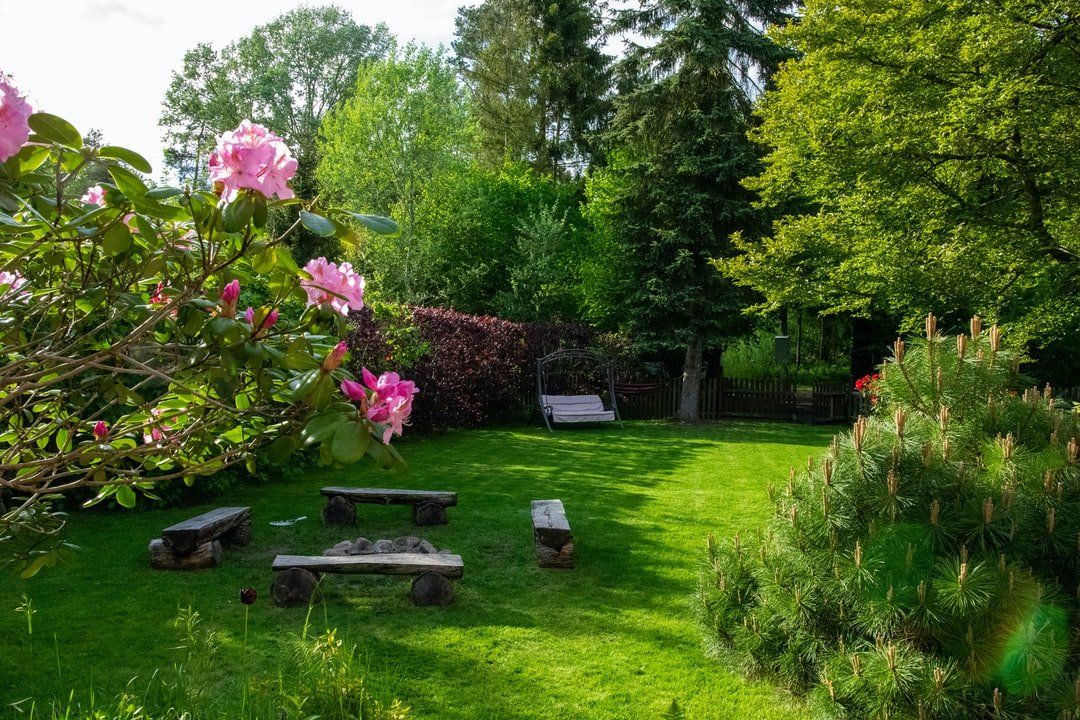How to Choose the Right Fertilizer for Your Plants

Proper fertilization is crucial for maintaining a vibrant and healthy garden. At Landscaping Saskatoon, we understand the importance of giving your plants the nutrients they need to thrive. In this article, we'll guide you through the process of choosing the right fertilizer for your plants, ensuring they receive the proper care and nourishment.
Understanding Plant Nutrient Needs
Before selecting a fertilizer, it's essential to understand the basic nutrient needs of plants. Plants require a variety of nutrients, which are typically categorized into three main groups:
1. Macronutrients
- Nitrogen (N): Promotes leafy green growth and is vital for photosynthesis.
- Phosphorus (P): Supports root development and flower/fruit production.
- Potassium (K): Enhances overall plant health, disease resistance, and drought tolerance.
2. Secondary Nutrients
- Calcium (Ca): Strengthens cell walls and promotes healthy root and leaf development.
- Magnesium (Mg): Essential for photosynthesis and enzyme function.
- Sulfur (S): Important for protein synthesis and overall plant growth.
3. Micronutrients
- Includes iron, manganese, zinc, copper, molybdenum, boron, and chlorine. These are required in smaller amounts but are still crucial for plant health.
Types of Fertilizers
Fertilizers come in various forms, each with its unique benefits. The primary types are:
1. Granular Fertilizers
- Slow-release: Provides a steady supply of nutrients over time, reducing the need for frequent applications.
- Fast-release: Delivers nutrients quickly but may require more frequent applications.
2. Liquid Fertilizers
- Quickly absorbed by plants, making them ideal for addressing nutrient deficiencies promptly.
3. Organic Fertilizers
- Derived from natural sources, such as compost, manure, or bone meal. They improve soil structure and promote long-term soil health.
4. Synthetic Fertilizers
- Manufactured chemically to provide specific nutrient ratios. They offer precise control over nutrient delivery but do not improve soil structure.
How to Choose the Right Fertilizer
Selecting the appropriate fertilizer for your plants involves several considerations:
1. Soil Testing
Conduct a soil test to determine the current nutrient levels and pH of your soil. This information will help you identify any deficiencies and choose a fertilizer that addresses your specific needs.
2. Plant Type
Different plants have different nutrient requirements. For example, leafy greens benefit from high nitrogen fertilizers, while flowering plants and vegetables may require higher phosphorus levels for optimal bloom and fruit production.
3. Growth Stage
Consider the growth stage of your plants. Young plants and seedlings often need more phosphorus for root development, while mature plants may benefit from balanced fertilizers to support overall growth and health.
4. Organic vs. Synthetic
Decide whether you prefer organic or synthetic fertilizers. Organic fertilizers are great for improving soil health and are environmentally friendly, while synthetic fertilizers offer precise nutrient control and immediate results.
5. Application Method
Choose a fertilizer that suits your application preferences. Granular fertilizers are easy to apply and provide long-lasting results, while liquid fertilizers offer quick absorption and are ideal for foliar feeding.
Expert Tips for Fertilizer Application
- Follow Instructions: Always read and follow the manufacturer's instructions for the correct application rate and timing.
- Avoid Over-Fertilizing: Excessive fertilizer can harm plants and the environment. Stick to recommended application rates to prevent nutrient burn and runoff.
- Watering: Water your plants thoroughly after applying granular fertilizers to help dissolve the nutrients and encourage absorption.
- Timing: Apply fertilizers during the growing season when plants are actively taking up nutrients. Avoid fertilizing during dormant periods.
Conclusion
Choosing the right fertilizer for your plants is essential for ensuring their health and vitality. By understanding your plants' nutrient needs, conducting soil tests, and selecting the appropriate fertilizer type, you can provide the optimal nourishment for your garden.
At Landscaping Saskatoon, we're here to help you achieve a thriving landscape. Contact us for expert advice and top-quality landscaping services to keep your garden in peak condition.










